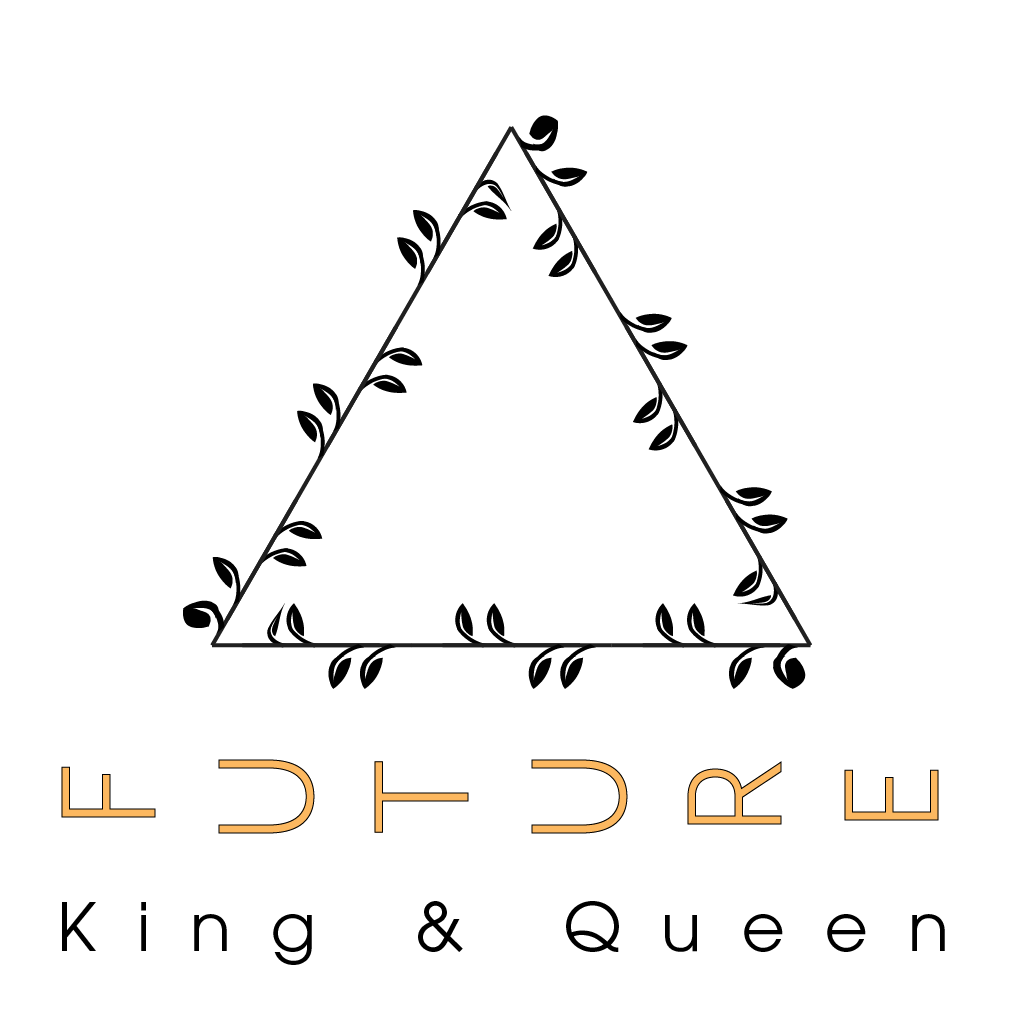How To Have A More Ethical Wardrobe
Did you know that the fashion industry is the world's second largest polluter? (Right behind the oil industry).
Pretty crazy hey! After we watched The True Cost Movie last year, and learnt of the massive environmental and ethical impacts of the modern fast fashion industry, we knew our buying habits had to change.
It turns out that the world now consumes 80 billion pieces of clothing each year (up 400% from 2 decades ago). And sadly, a large proportion of this ends up in landfill. (Even clothes that are donated often end up in the bin, and the vast quantities sent overseas can crush local clothing manufacturers - preventing them from developing skills and supporting themselves).
So with all of this in mind, we want to do all we can to make our shopping habits more eco-friendly, worker friendly (and as always, animal-friendly).
Here some great, easy ways to build a more ethical wardrobe:
1. Follow the golden rule:
"Buy Less, Choose Well"
Ask yourself, will you really get much wear out of this item, or will it just sit in your wardrobe gathering dust? A good target to help you determine this is to consider whether you'd wear it at least 30 times. If not, then you probably don't need it.
2. Question the production process.
How is this made?
Who made the garment? Were fair work practices followed? What materials is it made from?
Looking for certification standards can help you out here, such as GOTS (which ensures environmentally and socially responsible practices throughout the entire supply chain) and Fair Wear Foundation (which ensures fair labour conditions in fabric and garment production factories).
Aim for more sustainable materials, such as organic cotton, hemp, linen and anything made with recycled components.
[Related: Bags & Wallets Made From Seatbelts.]
3. Stock up on good quality, eco-friendly and ethically made basics and classic pieces.
Quality over quantity
These will transcend across the seasons, and can easily be styled up with different accessories. Try to steer clear of fad items and short-term trends.
4. Seek out ethical fashion stores and brands.
Encourage ethical brands
We feature many of them on our fair fashion guide and on our blog in general, as well as on Instagram.
More ethical fashion businesses are starting up all the time, and it's great to support those doing the right thing!
5. Don't be afraid to pay a little more.
If it's too cheap, there's a reason why
Yes, ethically produced garments will cost more than $2 'sweat shop' t-shirts, but it doesn't mean they're too expensive or impossible to afford. If you're buying fewer, but better quality fashion pieces, your clothing budget need not be that altered. Your garments should also last you longer.
It's also important to consider that our perception of how much clothing is worth nowadays is completely warped and undervalued. If it seems too cheap to you, it probably means that someone else (namely the factory workers and/or the environment) are paying the price.
6. Give clothes a second life.
Reconsider & reimagine
Buy from second-hand stores, pass things onto friends or family, attend public clothes swaps and even consider renting clothes for occasions.
This means that not only can you find interesting and unique pieces, but no extra resources have to go into their production. Plus it's a great way to shop ethically on a budget.
7. Make a conscious decision to be an 'ethical consumer'.
Our buying choices create the world we want to live in
Do your best to always think before you buy something (whether it be apparel, beauty products, homewares or food). In today's world, you hold a powerful vote with your wallet, so choose to make your vote count. By supporting businesses who value worker rights, environmental impacts and the ethical treatment of animals, you are encouraging other businesses to do the same.
We highly recommend watching The True Cost movie if you haven't already seen it. The film is a completely eye-opening look into the modern fast fashion industry, and considers who really pays the price for our clothes. (You can watch it on Netflix, iTunes, VHX or Amazon).
Have you seen this film, if so what did you think of it?
What ways do you try to be a more ethical consumer?

